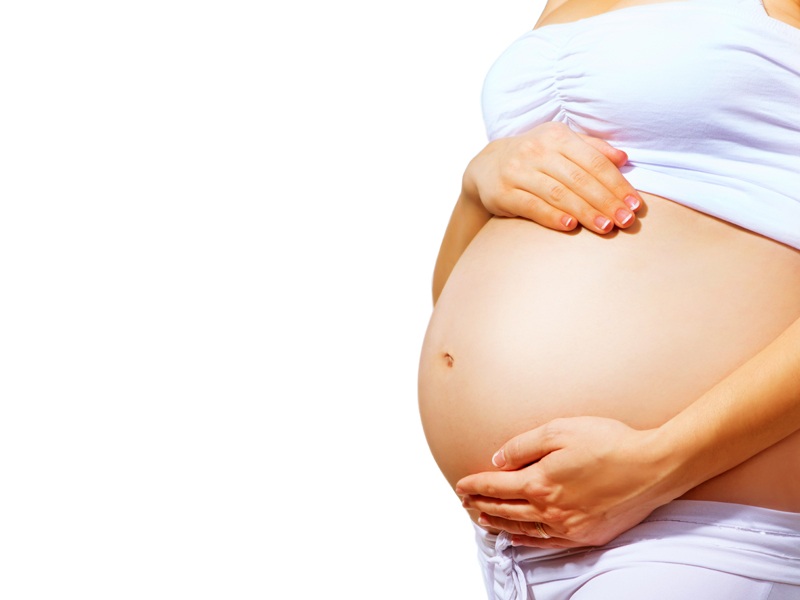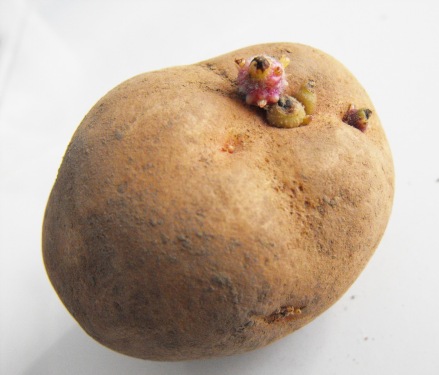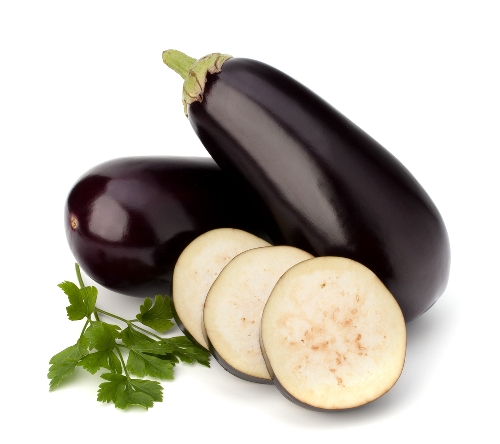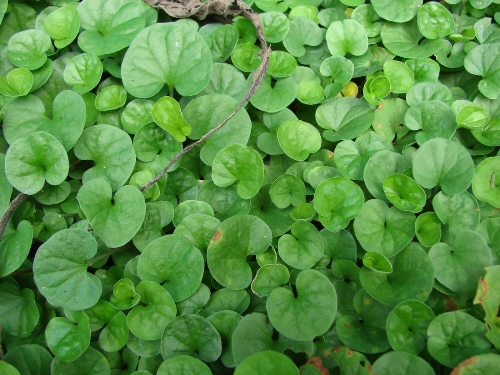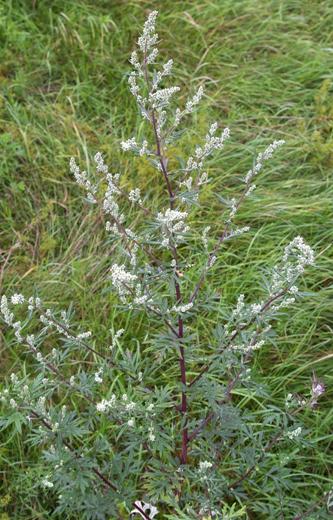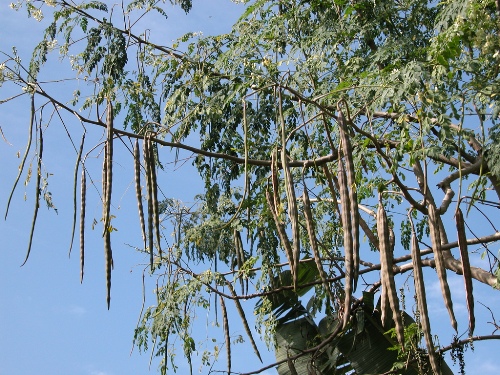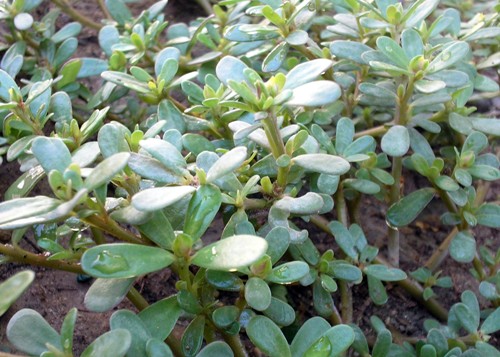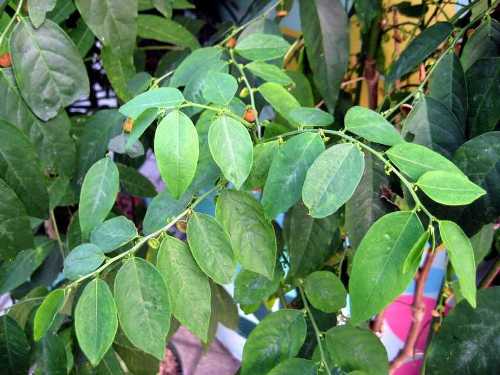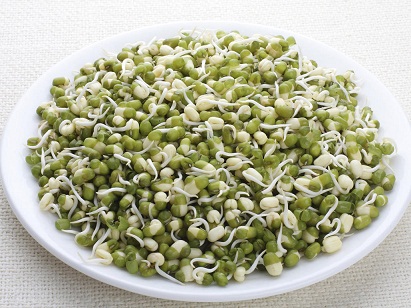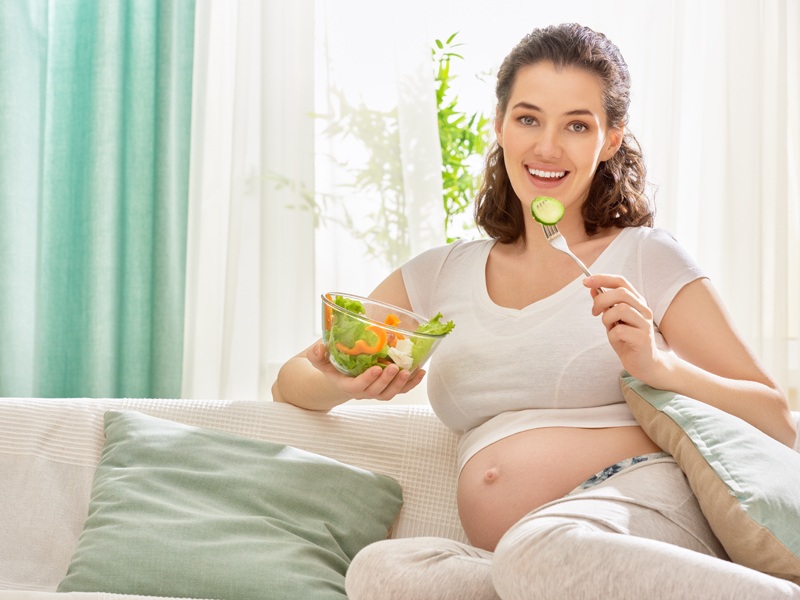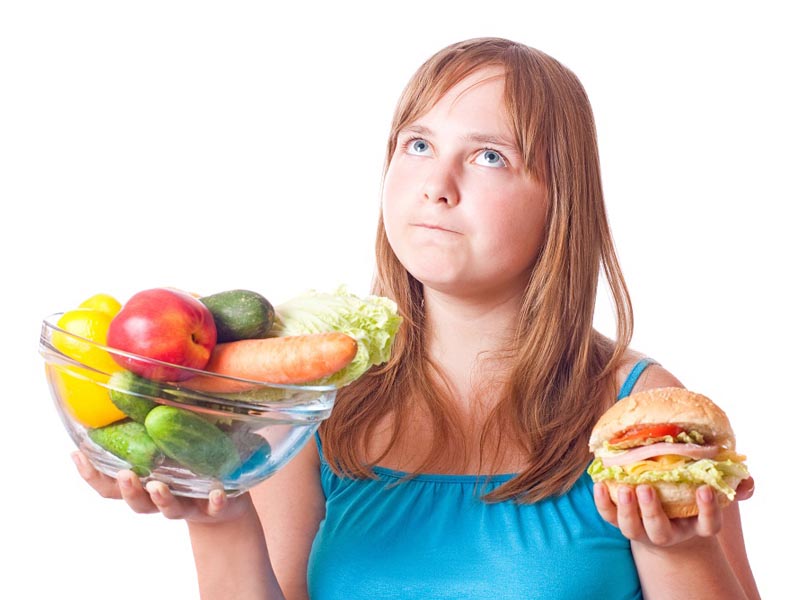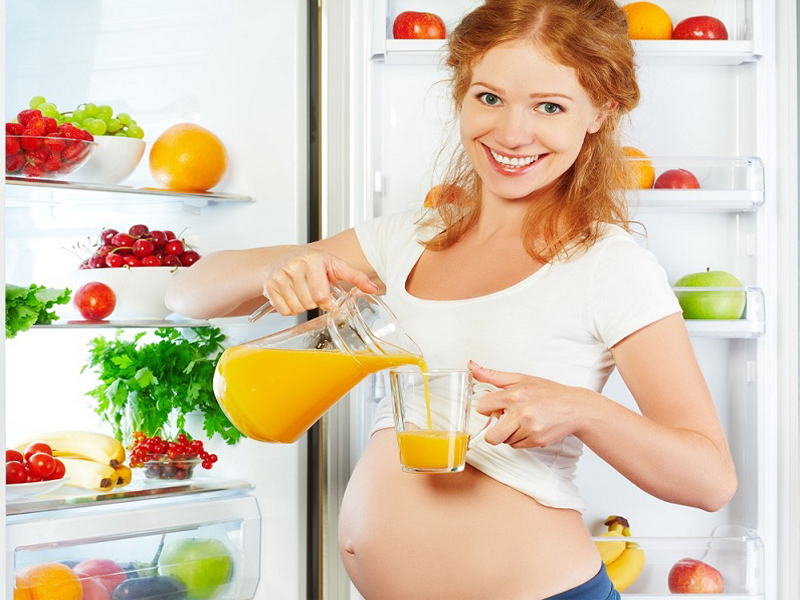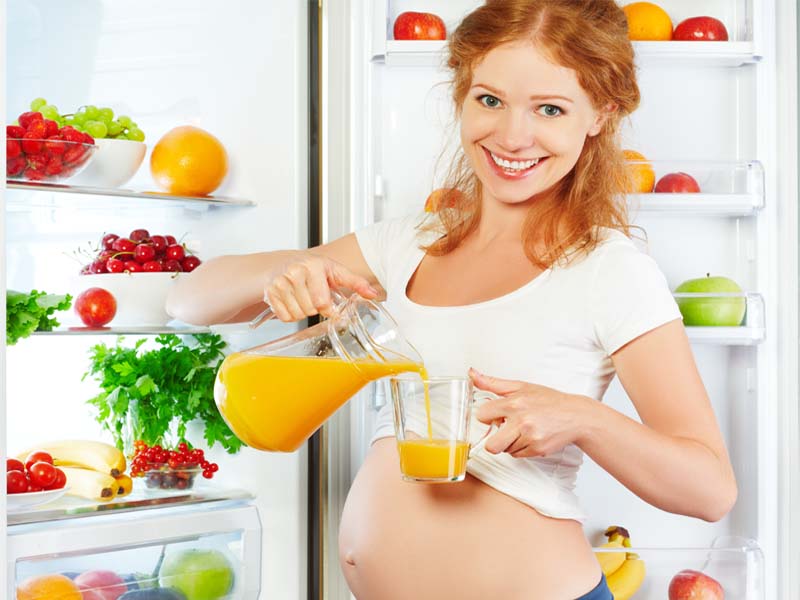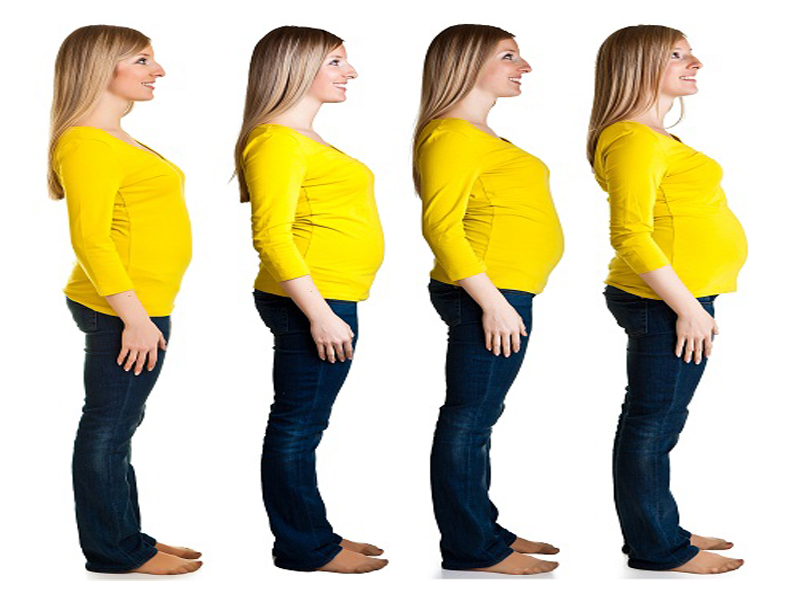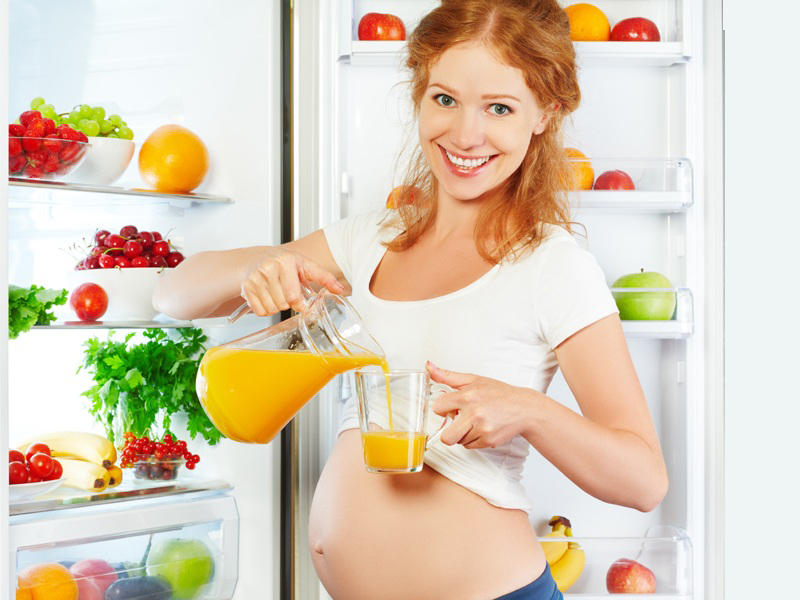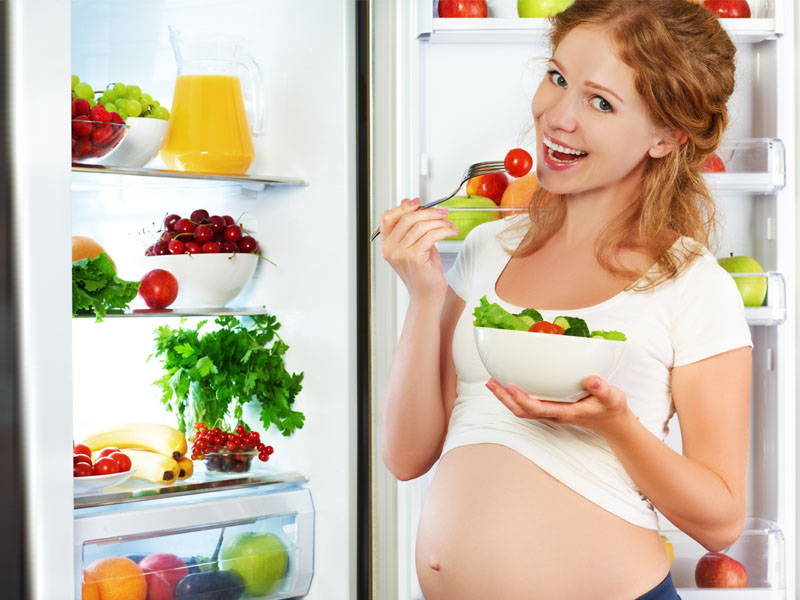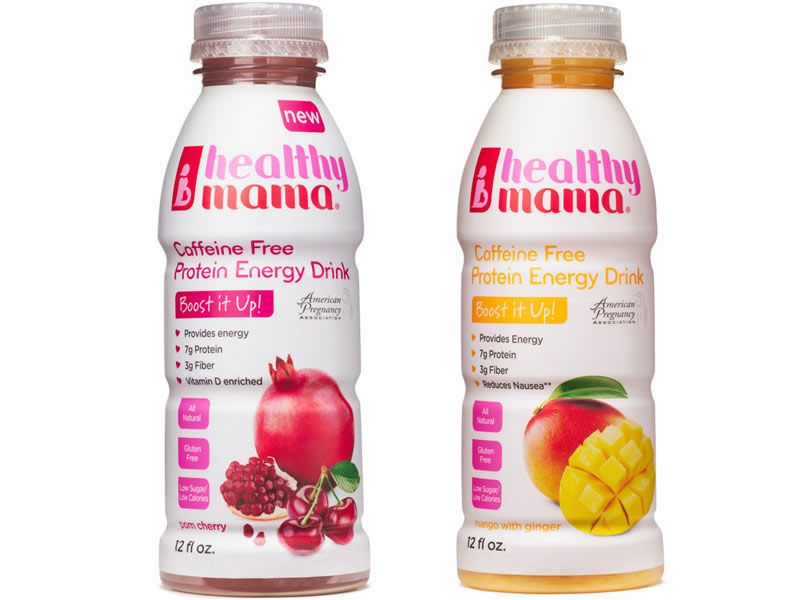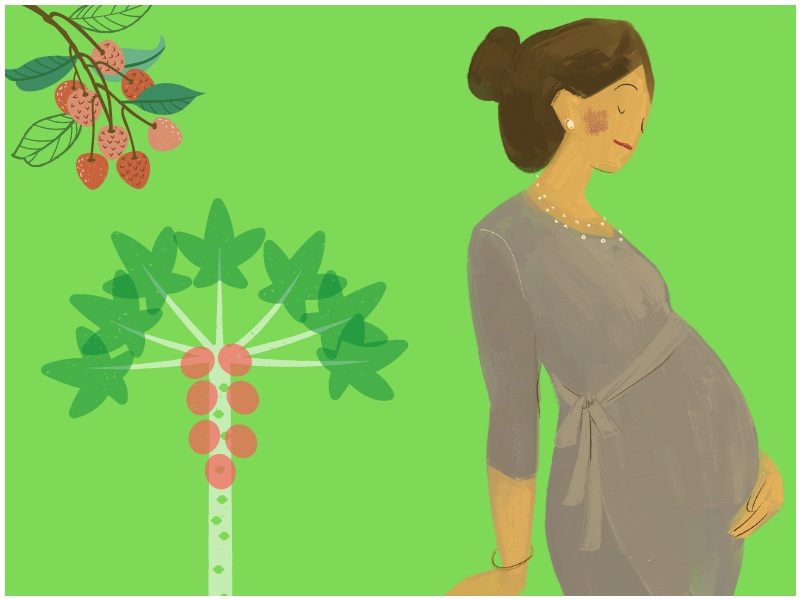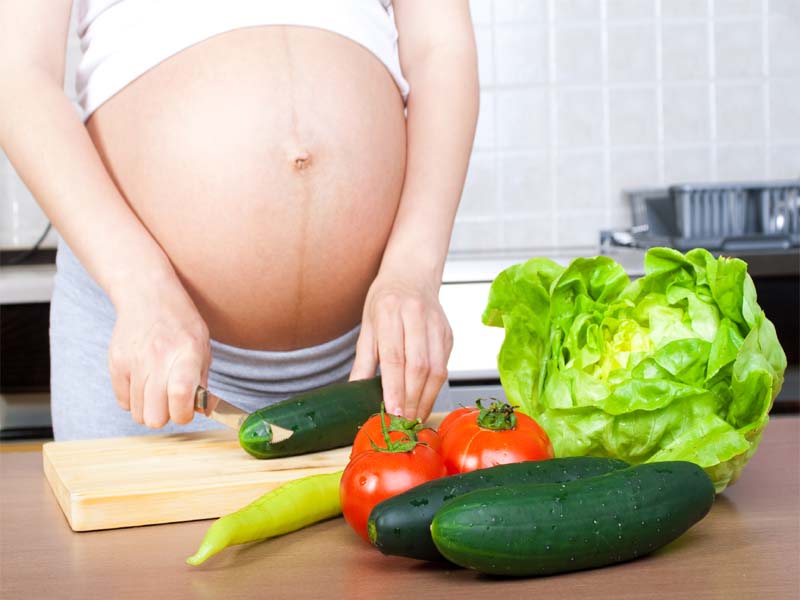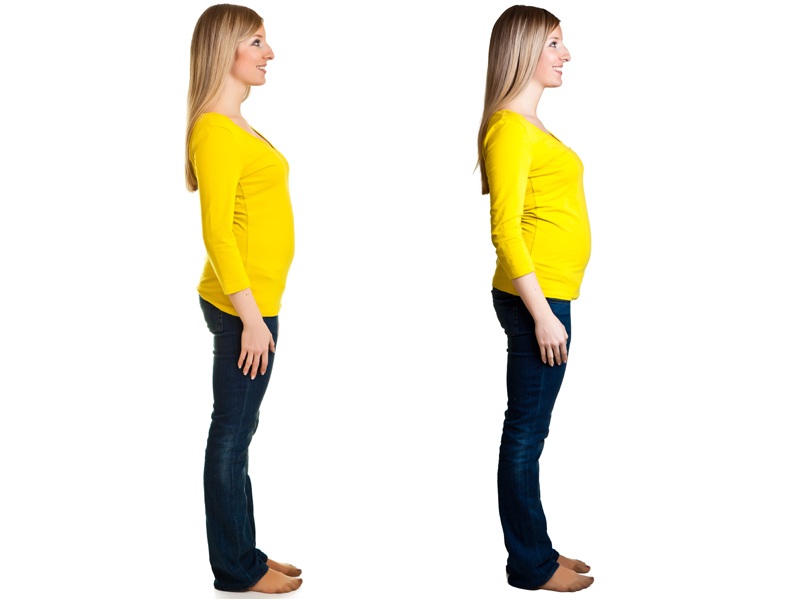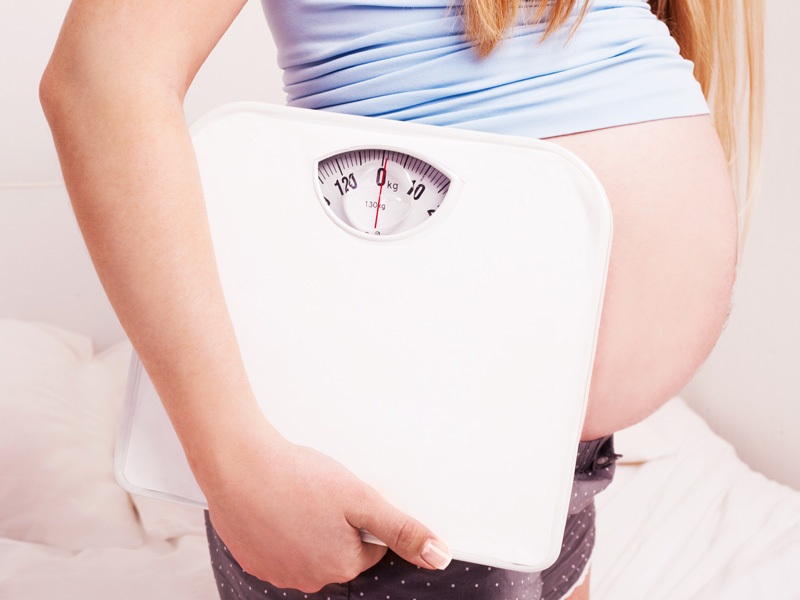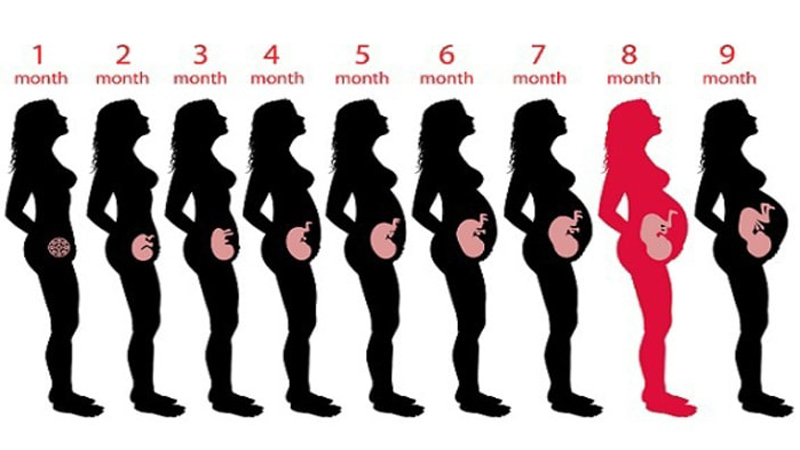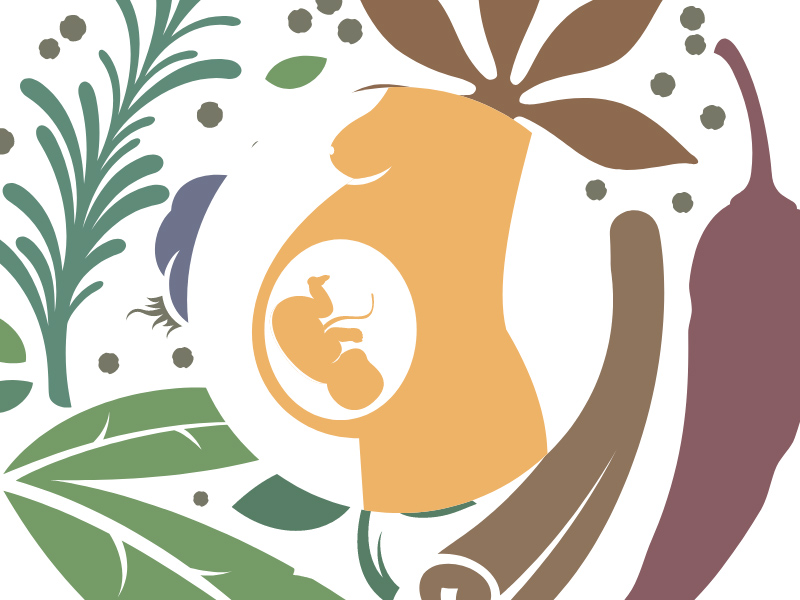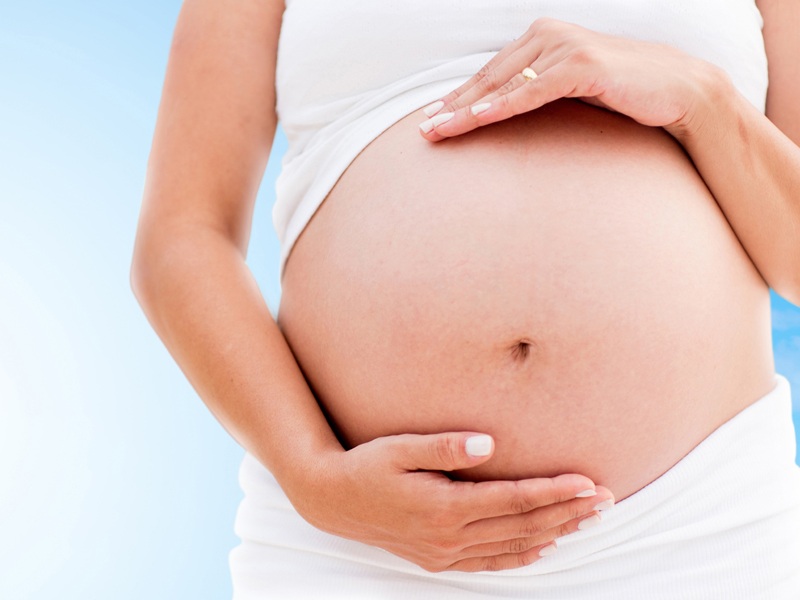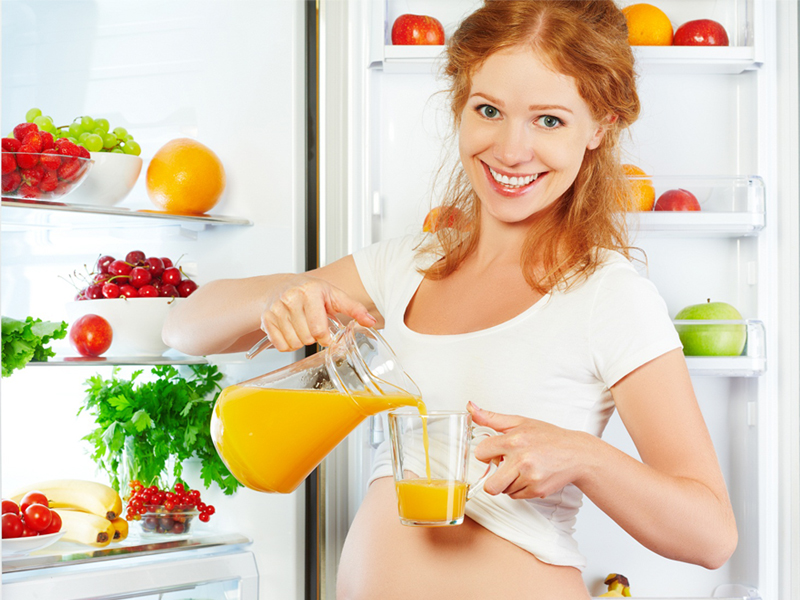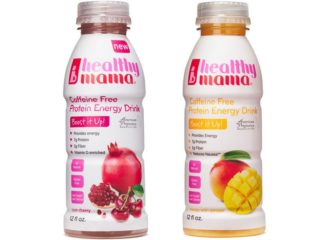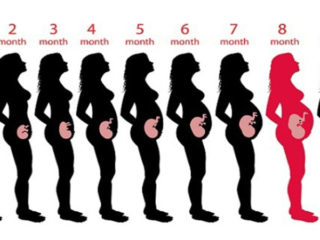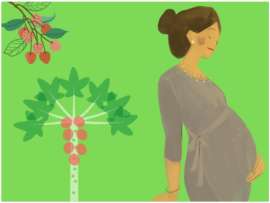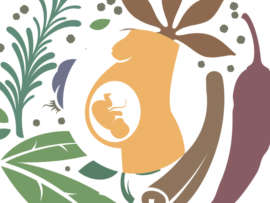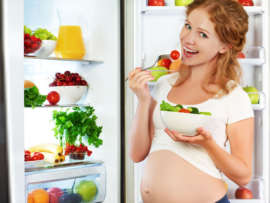Confused! Which vegetable is good or which one is bad during pregnancy? A pregnant woman should eat a balanced diet to ensure normal growth and the overall development of the unborn baby. In India, the nourishment of pregnant women is prejudiced by food fads, customs, taboos, civilizing plus spiritual beliefs, food habits and the attitude of family members. In addition, there is the idea of “hot foods,” “sour foods” and cold foods” which are to be avoided, that consist of papaya, banana, pineapple, fish, egg, mango, etc. So, in this article, you will know about the list of vegetables to avoid during pregnancy.
Vegetables Not To Eat During Pregnancy:
Here is a list of vegetables to avoid during pregnancy. Let’s have a look at them.
1. Sprouted Potato:
This vegetable is not only dangerous for pregnant women but for everyone. Don’t eat it as sprouted potato encloses toxins that are injurious to health. Particularly, solan in potatoes by green sprouts will unfavourably influence fetal growth and boost the danger of miscarriage. This is moreover single of the most dangerous foods that cause miscarriage that people must know and keep an eye out for.
2. Eggplant:
Baingan or Eggplant is a vegetable used very often in Indian homes. It is found that eggplant is a diuretic enclosing phytohormone, causing premenstrual syndrome plus amenorrhea. In one case, ½ an eggplant was consumed every day; it logically stimulated the start of menses that had ceased for more than 2 years. Stand on such goods; it is contraindicated throughout pregnancy.
3. Fragrant Knotweed:
It is easy to grow and is frequently used in many Vietnamese dishes. Fragrant knotweed is peppery with a pungent aroma. Consuming raw fragrant knotweed will warm the stomach, serving to boost body heat. Its consumption leads to blood loss. Mainly, fragrant knotweed has substances that can increase uterine contractions, resulting in a miscarriage.
See More: How To Avoid Getting Pregnant Without Protection
4. Centella:
Centella has lots of effects on healing hypotension plus prolonging youthfulness. It moreover has a diuretic effect, plus an antipyretic effect, and an effect on treating cassava poisoning. Pregnant and breastfeeding women should avoid consuming Centella because it can lead to a miscarriage, cause bloating, and a cold stomach. Centella can cooperate with medications that cause drowsiness plus anti-convulsants, antidepressant drugs plus insomnia drugs and decrease the efficiency of insulin, cholesterol-lowering drugs and diabetes medications.
5. Bitter Melon:
Pregnant women also nursing mothers must not eat bitter melon since it can source uterine contractions, damage and fetal haemorrhage. Moreover, bitter melon can annoy the uterus and lead to premature birth. Women who are breastfeeding also must not consume bitter melon since a number of harmful components could be transmitted to the baby through breast milk.
See More: Fruits Avoid During Pregnancy
6. Artemisia Vulgaris:
It is sour, and spicy with a good aroma and has helpful effects in the regulation of blood circulation, muscle pain, abdominal pain reduction as well as soothing nerves. A pregnant lady could potentially experience heavy bleeding inflamed uterine contractions plus miscarriage.
7. Drumstick Tree:
The primary vegetable in the list of foods that cause miscarriages in early pregnancy is the drumstick tree. The cause is that the drumstick tree holds alpha-sitosterol which is a hormone that has an estrogen-like structure successful in preventing pregnancy and building uterine muscle smooth moreover leading to miscarriage.
See More: Can I Eat Parsley During Pregnancy
8. Portulaca Oleracea:
It has extremely elevated nutrient content and can be measured as a very good medicine. Its juice is effective in decreasing body heat, detoxifying the bloodstream, plus destroying worms within our body. Its juice can cause uterine contractions; it is not recommended for pregnant women to avoid any chances of mishaps.
9. Sauropus Androgynus:
It is “cold” within and also sweet that can be successfully used to decrease body heat, nourish blood flow, and detoxify and it moreover has laxative properties. It contains vitamin K, a vitamin that is odd in the plant kingdom. This also has Papaverine – a substance established in the opium poppy, leaving effects on increasing the smooth muscle of vascular to decrease pain and lower blood pressure. You might face uterine contractions leading to stillbirth or miscarriage which has been classified as risky during pregnancy.
10. Raw Sprouts:
Health administrations have termed raw spouts as “unsafe” for pregnant women. Studies have shown that sprouts may contain bacteria such as Salmonella, Listeria, and E. coli that can have adverse effects on the pregnant woman and the growing baby.
Best Vegetables for Pregnancy:
Eating 5 portions of vegetables is highly suggested for pregnant women. Vegetables are a vital part of a healthy diet, especially during pregnancy as they are packed with essential vitamins, minerals and fibre.
Until now we looked at which vegetables to avoid during pregnancy. Let’s take a look at some of the top 10 recommended vegetables:
- Vitamin C: Vital for immunity
- Broccoli
- Tomatoes
- Red, Green and Yellow peppers
- Potassium: Maintains blood pressure. Dark leafy greens are the source of potassium.
- Folic Acid: Reduces the chances of neural tube defects. Some examples of vegetables rich in foliates are broccoli, Brussels sprouts, Spinach and asparagus.
- Calcium: Vital for healthy bones and teeth – Dark leafy vegs, such as broccoli, kale, watercress, Green French Beans and Brussels Sprouts.
- Fibre: Helps prevent constipation and must be a part of the prenatal diet. Some good sources are Peas, Sweet potatoes, Turnips and legumes.
Now that you know the list of vegetables to avoid during pregnancy and safe vegetables during pregnancy, ensure you snack on these veggies and make them an imperative part of your healthy pregnancy diet. Snack on carrots and celery sticks with hummus serves as a very healthy snack. You can consume healthy smoothies made at home with vegetables and fruits, and that takes care of one portion of your day-to-day consumption. It is best to check with your doctor and what is safe and what is not safe for you. Your doctor will suggest the best taking into consideration your allergies. Be cautious and remember that your food defines not just your health, but also your growing baby’s.


